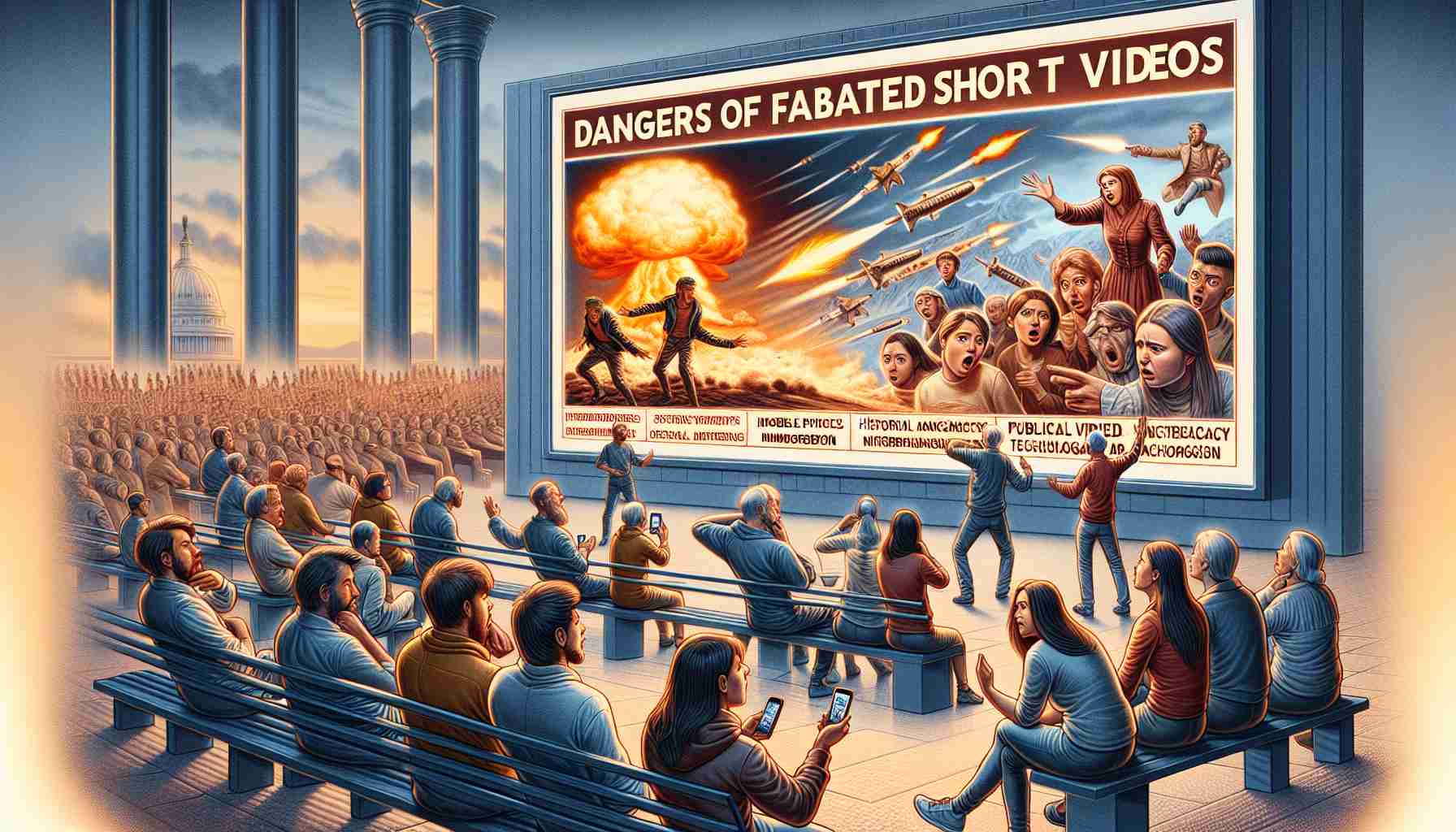False Scenarios Shaping Online Narratives
Have you ever come across sensational stories on social media platforms that seem too good to be true? These fabricated scenarios not only deceive viewers but also contribute to the erosion of truth and credibility online. Fabricated short videos often manipulate emotions, exaggerate conflicts, and intensify societal divides for the sake of garnering views. Simplifying characters into stark binaries of good and evil can lead to hasty judgments and reinforce negative stereotypes.
Exploitative Themes Undermining Reality
Some content creators resort to generating controversy and sensationalism to attract a larger audience. By romanticizing poverty or tragedy, these videos exploit viewers’ emotions and perpetuate misleading narratives. Such exploitative practices not only deceive the public but also desensitize audiences to genuine social issues that require attention and support.
Regulatory Challenges in the Digital Sphere
Despite efforts to regulate fabricated content, the allure of internet fame and financial gain continues to drive the production of misleading short videos. With the ease of creating and sharing content online, platforms must enhance their monitoring mechanisms and hold creators accountable for the authenticity of their material. Addressing the loopholes in content verification and enforcement processes is crucial to combatting the prevalence of fabricated narratives online.
Fostering a Truthful and Responsible Digital Landscape
To uphold the integrity of online information and protect public trust, a collective effort is required from digital platforms, regulatory bodies, mainstream media, content creators, and audiences. Implementing stringent measures to verify content authenticity, promote ethical storytelling, and discourage exploitative practices is essential for safeguarding the digital ecosystem. By fostering transparency, accountability, and critical thinking, society can navigate the digital realm with resilience and discernment.
The Psychological Impact of Fabricated Short Videos on Individuals
When delving into the dangers of fabricated short videos, it is crucial to consider the psychological impact they have on individuals. Consuming misleading content can distort perceptions of reality, leading to increased anxiety, confusion, and a diminished sense of trust in information sources. How do these videos affect viewers’ mental health and emotional well-being?
Social Division and Polarization: Exploring the Ripple Effects
One aspect that deserves attention is how fabricated short videos contribute to social division and polarization. These videos often promote extreme viewpoints, incite outrage, and foster an “us versus them” mentality. How do these divisive narratives influence societal unity and dialogue? What are the long-term implications for social cohesion?
The Rise of Deepfakes: A New Frontier in Fabricated Content
A significant challenge linked to fabricated short videos is the emergence of deepfakes – digital manipulations that superimpose individuals’ faces onto bodies or alter voices to create realistic but entirely fabricated content. How can society discern between authentic and deepfake videos? What measures are needed to address the proliferation of deepfakes?
Advantages and Disadvantages of Short Video Platforms
Short video platforms offer a unique space for creativity, entertainment, and information sharing. However, they also serve as breeding grounds for fabricated content due to the emphasis on capturing attention quickly. What are the advantages of short video platforms, and how do these platforms mitigate the risks associated with fabricated videos?
For more insights on the impact of fabricated content and strategies to combat its spread, visit digitaltrends.com. The proper navigation of these challenges requires a multi-faceted approach involving technology, media literacy, and ethical guidelines to ensure a responsible and trustworthy digital environment for all.























